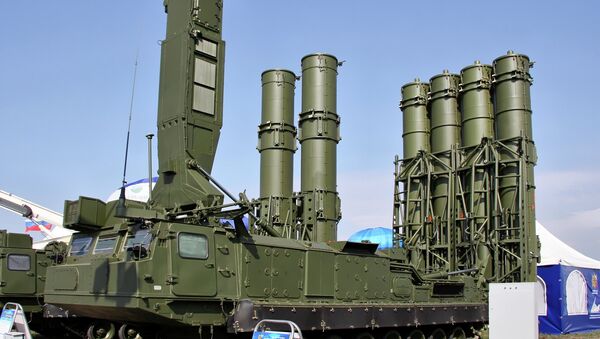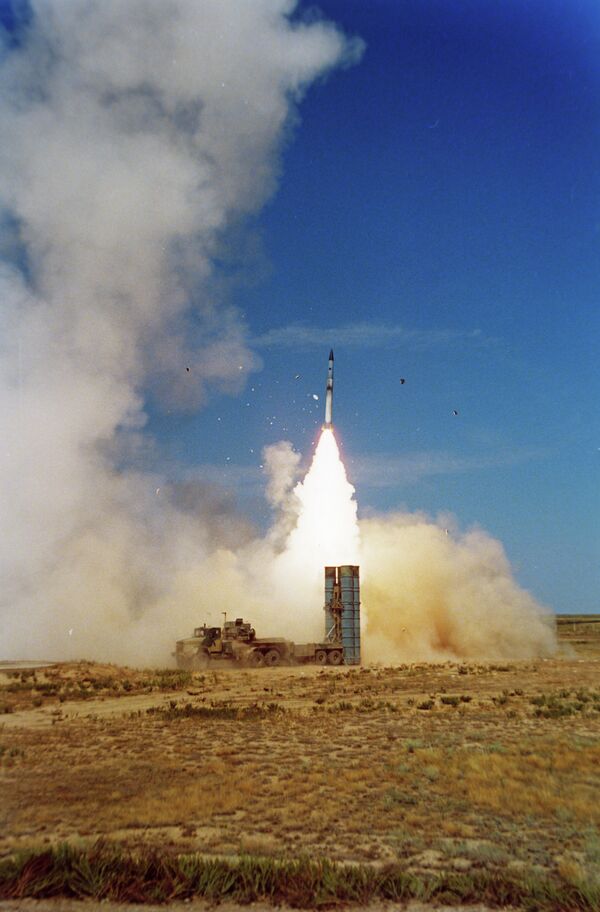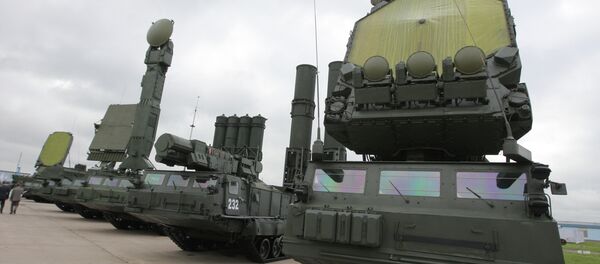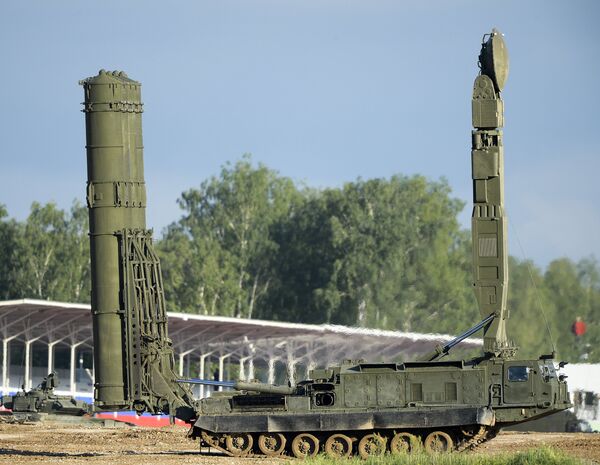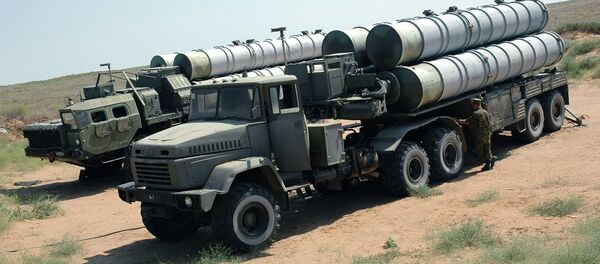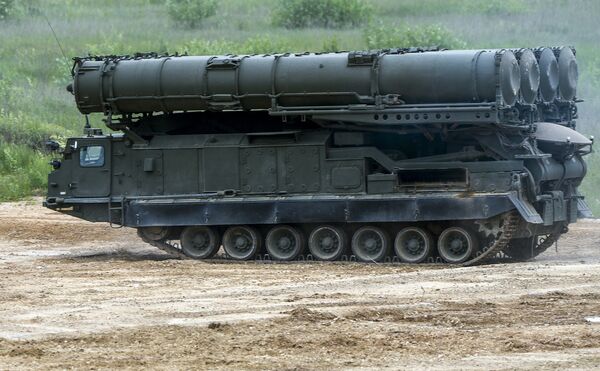The ongoing negotiations are currently moving in the right direction, Iranian First Deputy Foreign Minister Morteza Sarmadi told Sputnik.
"We touched upon the issue of [introducing] amendments to the contract, the new prices to be set, and discussed the mechanism of the lawsuit withdrawal," the diplomat said.
When the lawsuit is out of the way, Moscow and Tehran will sign a deal for the delivery of a better member of the large S-300 family, the Antey-2500, the Russian Kommersant newspaper reported. Russia's state arms exporter Rosoboronexport declined to comment.
In 2007, Russia and Iran signed an $800 million deal for the delivery of the S-300PMU-1 surface-to-air missile systems. It was terminated in 2010 after the United Nations imposed an arms embargo on Iran. Russia returned the advanced payment of $167 million and disposed of the anti-ballistic missile systems intended for Iran, according to the newspaper.
Following the move, the Islamic Republic filed a $4 billion lawsuit against Rosoboronexport at the OSCE Court of Conciliation and Arbitration in Geneva.
After the team of international negotiators and Tehran reached a framework agreement on Iran's nuclear program Russian President Vladimir Putin overturned Medvedev's decision lifting the ban on the S-300 deliveries.
A source familiar with the situation said in mid-June that Russia and Iran were in talks on resuming the implementation of the S-300 delivery contract.
Iran insists on the delivery before dropping the lawsuit, a stance Moscow considers unacceptable, Kommersant said.
Moreover, unlike the Antey-2500, the S-300PMU-1 systems are no longer in production and Moscow made Tehran aware of that. "No one will resume production for a single albeit important client," a top manager at Russian arms manufacturer Almaz-Antey said.
If the deal comes through, the Islamic Republic will become the third country to receive these systems. In 2013, Rosoboronexport sold two S-300VM batteries to Venezuela. They have already been delivered to the buyer.
In 2014, Russia signed a contract with Egypt for the delivery of two batteries scheduled for 2016.
